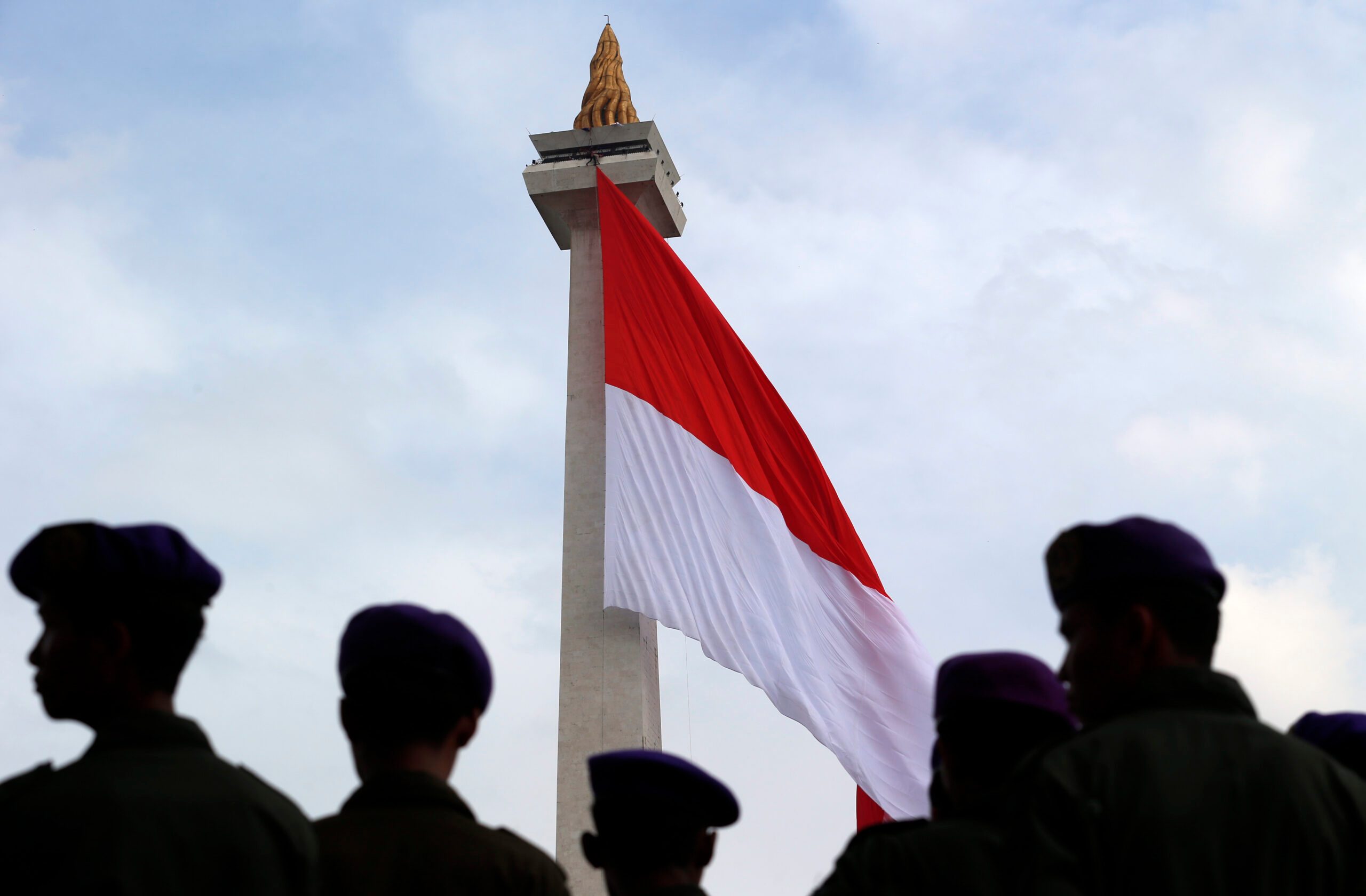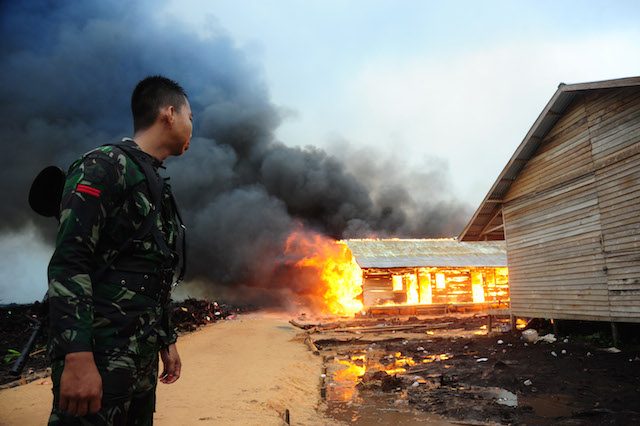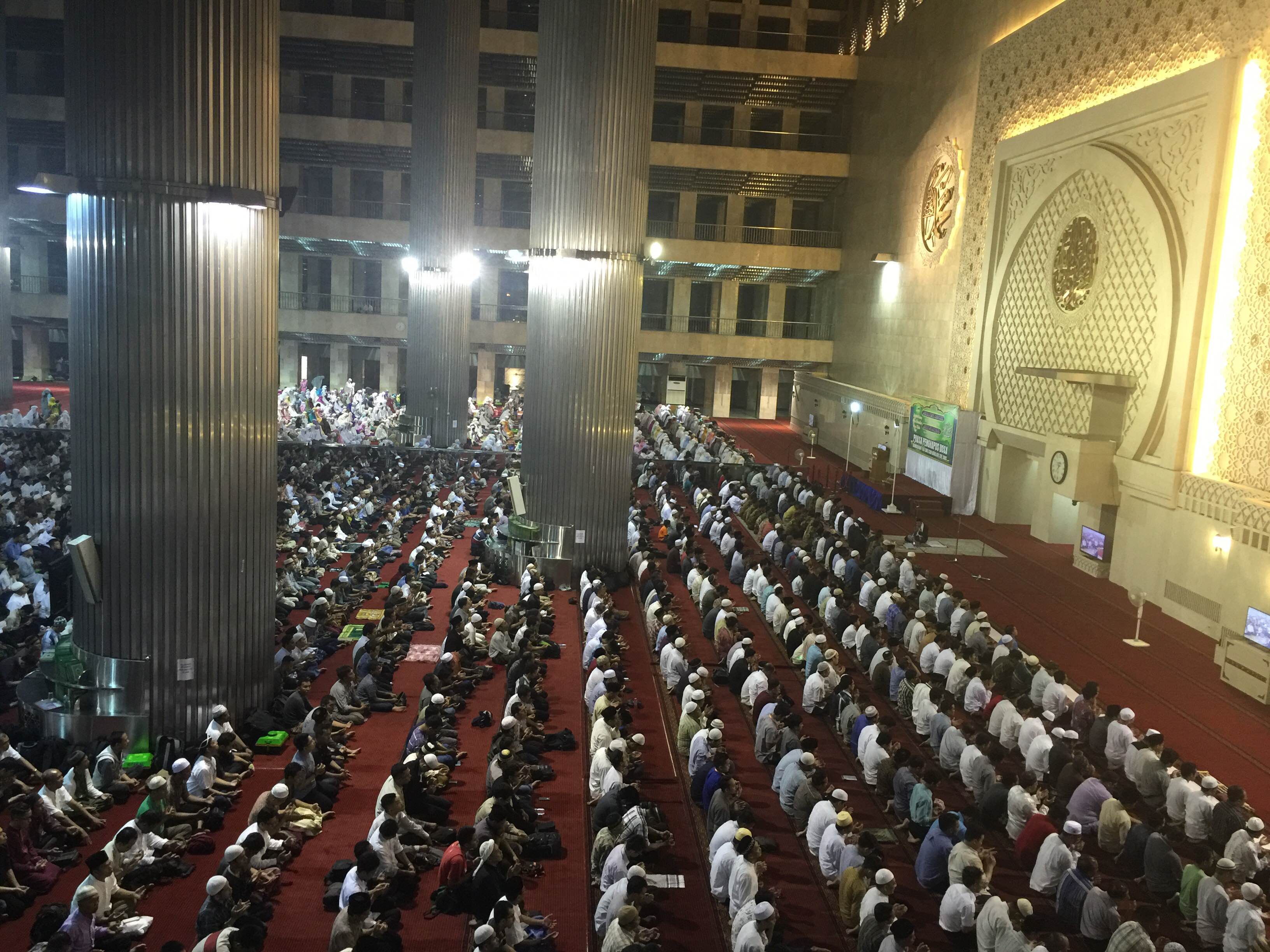SUMMARY
This is AI generated summarization, which may have errors. For context, always refer to the full article.

JAKARTA, Indonesia – Indonesia celebrates its 71st year of independence on Wednesday, August 17, but in the country with the world’s largest Muslim population in the world, religion is not without its challenges.
Indonesia, while religiously tolerant and has a constitution that provides for freedom of religion, also has a history – even in recent weeks – of religious intolerance and discrimination against those of different ethnic and racial backgrounds.
Just over two weeks ago, on July 29, riots erupted in Tanjungbalai, North Sumatra, after a mob set pagodas and monasteries on fire. This was sparked by a complaint by a local resident who said the use of loudspeakers for the call of Islamic prayers was too loud. Ethnic Chinese have since fled the town in fear of further persecution.

Additionally, past months have also seen the persecution of religious minorities like members of the mysterious Light of Nusantara Movement – or Gafatar – who were moved in January from a remote communal farm in Indonesia’s half of Borneo island after a mob attack torched their village base in Kalimantan. The attack displaced roughly 500 families.
Several local rights groups, including the Jakarta Legal Aid Institute and the Setara Institute, have criticized the treatment of Gafatar calling it “religious persecution.” They also claimed that the re-education program imposed on Gafatar members about Islam and civic duties “is simply an abuse of human rights.”
Meanwhile a community of Ahmadis, a minority Muslim sect living in Indonesia’s west, has also been ordered to convert to mainstream Sunni Islam or face expulsion, Human Rights Watch said.
The challenges to achieving religious harmony don’t go unnoticed. In October last year, Indonesian President Joko “Jokowi” Widodo and President Barack Obama, endorsed a bilateral initiative to improve interfaith relationships and improve tolerance in both countries, through a U.S.-Indonesia Council on Religion and Pluralism.
Challenges
Professor Muhammad Ali, an Indonesian working in the United States as an Associate Professor in Islamic Studies at the University of California Riverside, raised 5 specific challenges to religious tolerance and harmony in Indonesia.
First, he said, “the state plays a role in defining something, or a group of people or traditions – whether they’re a religion or not.” The challenge, he said, lies in the relationship between communities and local religions, and how the state would then “make them all feel equal with the 6 official religions.”
Indonesia recognizes 6 official religions, namely Islam, Catholicism, Protestantism, Buddhism, Hinduism, and Confucianism. But there are over 200 other non-official religions in Indonesia with their own practices.
Second, Ali said “emerging Indonesian atheists” is another challenge, “especially through social media.”
“Indonesian youth now express disbelief or unbelief over religions,” he said.
This is particularly challenging since blasphemy is illegal in Indonesia and the state does not recognize agnostics or atheists.
The retention of the blasphemy law is another challenge, said Ali.
“The law says you cannot have religious interpretation that is against the mainstream. But who has power over mainstream? Who decides what is orthodox and unorthodox?,” he said.
Fourth, Ali said religious education must be changed to promote tolerance.
“The state plays a role in religious instruction in schools and public schools. The teacher has to be the same religion as the students and school he teaches in,” he said.
Ali said comparative religions must be offered in schools, as they do in the United States.
“Students should be offered options to understand different religions. Muslims should be able to learn about Christianity, and Christians about Islam, and so on.”
Lastly, Ali said another challenge faced by Indonesia are interfaith marriages.
“This is another contentious issue in Indonesia. It is not a problem in the U.S. But in Indonesia, you have to be of the same faith,” he said.
‘Country of miracle’
Yet while challenges remain in regards to religious tolerance in the 250-million-strong nation, the picture is not as bleary, according to Professor Azyumardi Azra, the Director of the Syarif Hidayatullah State Islamic University Graduate School.
He said like the United States, Indonesia recognizes democracy, diversity and unity, and pluralism and multiculturalism.
“Indonesia is not based on Islam. We only have state-recognized religions,” he said, adding that Indonesia is a secular state according to its Constitution.
He said that the Tanjungbalai riots are not all that common in Indonesia.
“I would suggest that these cases of intolerance, I call it isolated cases rather than general tendency,” he said.

“In general, Indonesia remains a people of tolerance, harmony, even if they are different religions, ethnic groups, or languages.”
Azra also said that “90% are happy in Indonesia” because “in general they have religious freedom.”
“Our Christian brothers can use their namesake of God. In Malaysia, state interferes in religious conversion. If we compare in relative perspective to discuss who is happy or not happy, and we compare it with experiences of minorities in other countries like Malaysia and Pakistan, Indonesia is doing well,”
He added, “Some scholars still call Indonesia a country of miracle… as we celebrate our 71st year of independence, against all odds, Indonesia remains united.”
In order to remain this way however, Azra said it is increasingly important to “speak out about intolerance when it faces any kind of threat.”
“Indonesian moderate Islam is too big too fail… but we cannot be silent.” – Rappler.com
Add a comment
How does this make you feel?
There are no comments yet. Add your comment to start the conversation.